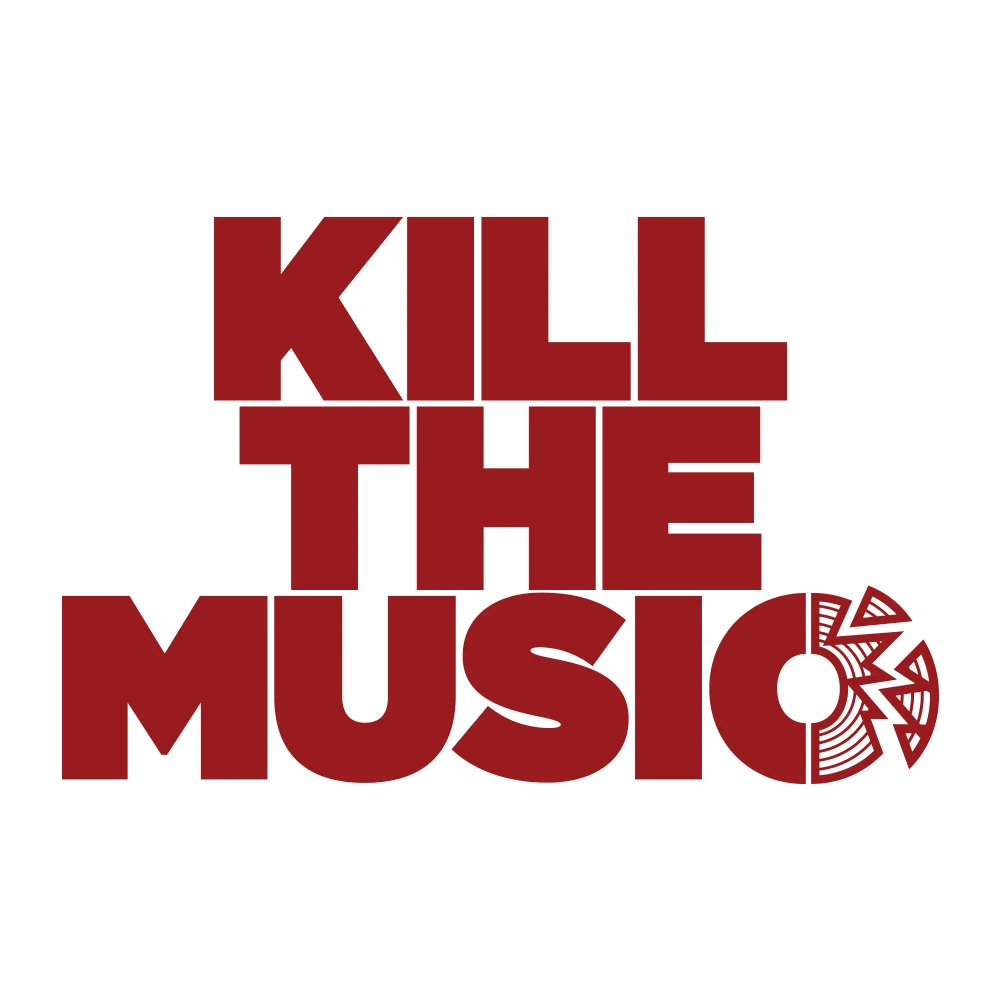Finn McKenty created the Music & Audio channel for CreativeLive in 2013, and to date he has created over 500 hours of educational content across 60+ SKUs. He defines the curriculum, recruits teachers, closes partnerships, and coordinates the marketing. You can email him at finn.mckenty@creativelive.com and on Twitter @finn_mckenty
Tell us a little about yourself and your experience.
I run the Music & Audio channel for CreativeLive. We produce online classes on music production, taught by artists like Kurt Ballou (Converge) and Ben Weinman (Dillinger Escape Plan) and producers like Andrew Wade (A Day To Remember, Neck Deep) and Kris Crummett (Issues, Sleeping With Sirens). You can find out more at http://creativelive.com/audio
As far as my experience, I have been doing marketing and product development for about 15 years. I did marketing production for Abercrombie & Fitch for about 3 years, and worked at a consulting firm doing product development for clients like Procter & Gamble, Whirlpool and Motorola.
What drove you to choose your career path?
I’ve always been interested not just in creating things, but also in getting people to buy them. So working on the creative side of marketing is a natural fit for how my brain works.
How did you go about getting your job? What kind of education and experience did you need?
I did a lot of marketing work for CreativeLive co-founder Chase Jarvis back in the day, so when I quit Abercrombie, he scooped me up and the rest is history. As far as education goes, I went to school for management and marketing. Sometimes people act like those are bullshit degrees, but I learned a ton from my programs and I am very grateful I chose that path in school.
What do you actually spend the majority of your time doing?
Sending emails and making phone calls. Convincing people to do what I want them to do.
What misconceptions do people often have about your job?
I’m not sure… does anybody think about me enough to have any misconceptions haha?
What are your average work hours?
I guess if you think of it in traditional terms, maybe 50-60 hours a week. But since I’m working on stuff that I love, with people I consider my friends, it doesn’t really feel like work. I guess technically going to a show or hanging out with a band who is in town is “work” and if I had a traditional job I’d put it on my time card, but it’s hard to think of it that way, you know? I’m very fortunate to have a job where my mandate is basically just to make the coolest shit possible with my friends.
What personal tips and shortcuts have made your job easier?
Be organized. Make a to-do list and work from it. I can get more done in 8 hours than most people do in 12 because I’ve learned to manage my time well.
What do you do differently from your coworkers or peers in the same profession?
I probably take a more analytical, data-driven approach to things than most of my peers. Gut and intuition are always a big part of the equation, because there are very few objective things in the creative world, but I try to challenge/validate my intuition with data as much as possible.
Do you have any advice for people who need to enlist your services?
I’m always open to ideas! Hit me up any time.
What's the worst part of the job and how do you deal with it?
People in the music business can be a little disorganized and/or flaky (ie, they aren’t always the best at follow-through). But you just have to roll with the punches and be patient. Patience is a key part of the job.
What's the most enjoyable part of the job?
I get to work with my friends teaching people how to make music. What’s not to like that about that?!
What kind of money can one expect to make at your job?
I’m defining my job as “business development and marketing at a tech company,” and in general I would say those kind of jobs pay pretty well.
How do you move up in your field?
Deliver results.
What advice would you give to those aspiring to join your profession?
Network, network, network. That is going to be the key to getting your foot in the door. If you want to learn how to network the right way, read “Never Eat Alone” by Keith Ferrazzi.
More: http://cr8.lv/awrrgyt Using the actual tracks from "Common Courtesy," Andrew Wade (A Day To Remember, The Ghost Inside, Motionless In White, etc) shares his secrets on how to get great tones from amp sims-- Amplitube, Lepoulin, and Pod Farm.

